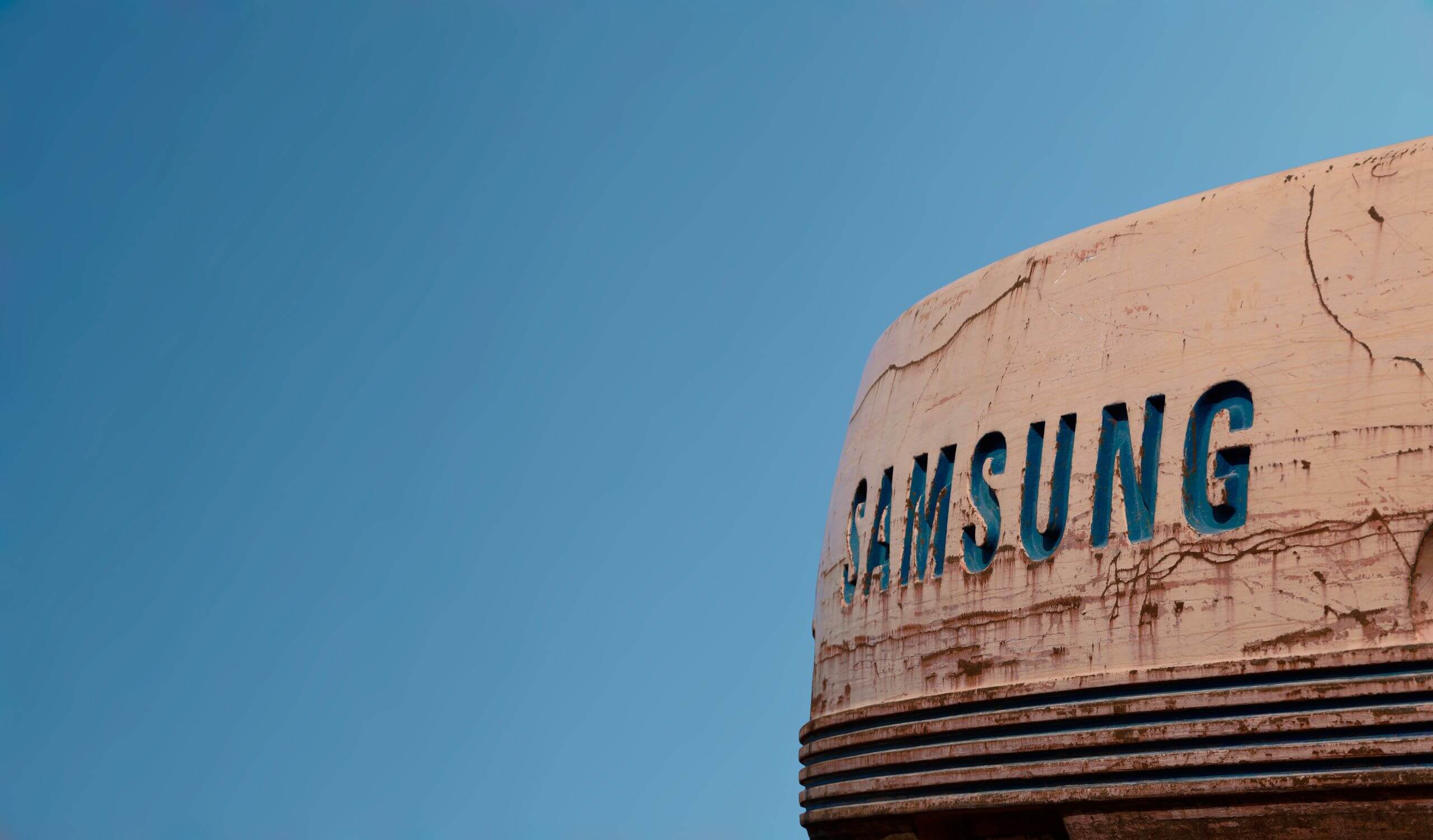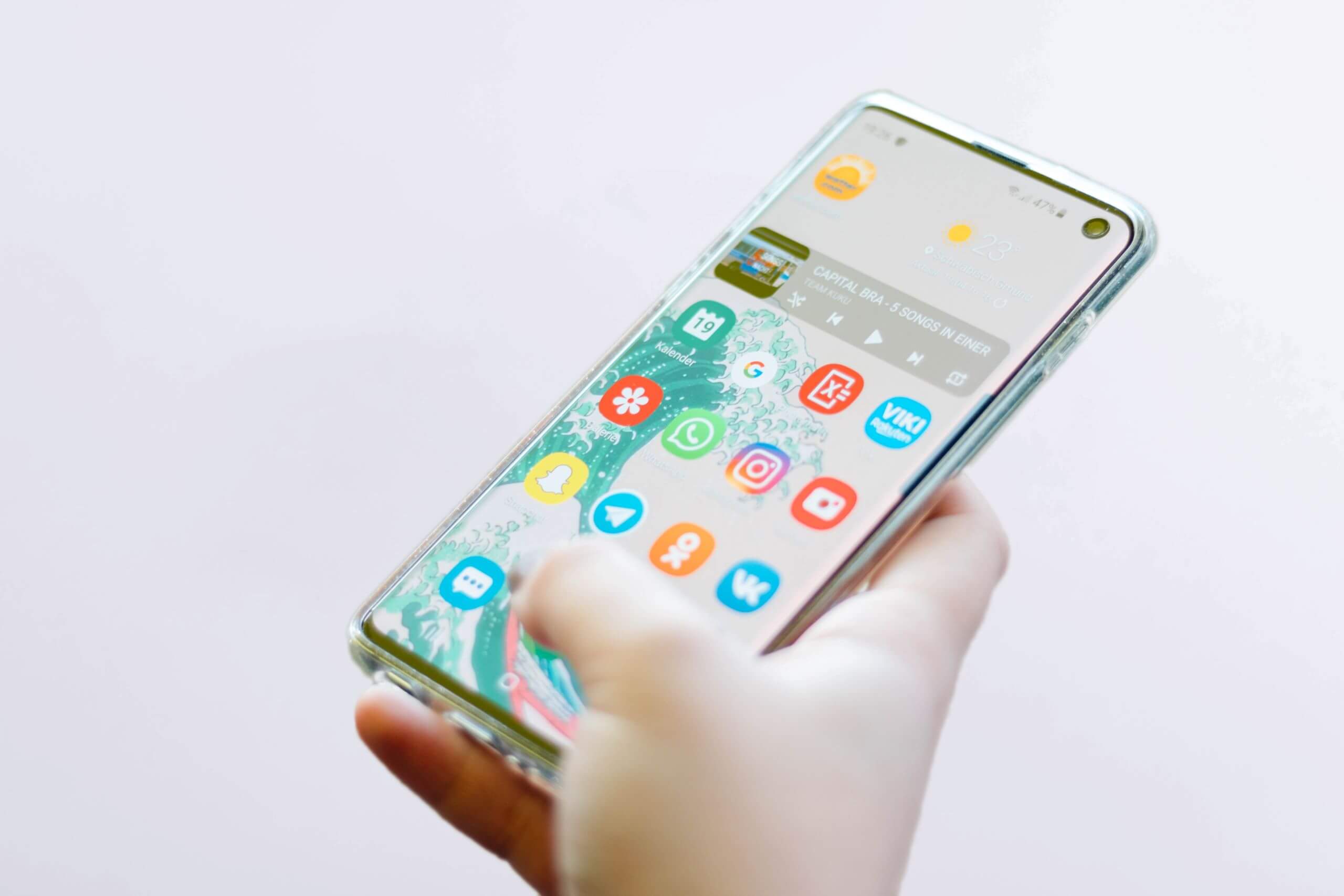Samsung closes its last Chinese manufacturing plant as sales plummet
Samsung surrenders Chinese markets to local manufacturers
By Isaiah Mayersen 25 comments
The big picture: Samsung has announced plans to shut down its smartphone assembly facility in Huizhou, China, just a year after they said goodbye to their Tianjin plant. With no smartphone plants operating in China as of this month, Samsung has all but abandoned the 400-million strong Chinese market amidst competition from local brands Huawei, Oppo, Vivo, and Xiaomi.
In 2013, Samsung held the top spot in the Chinese phone market with a volume share of 19%, but last year, they couldn’t grab even 1%. Analysts suggest this may be because Samsung failed to appreciate the difference in trends in Chinese versus Western markets, with a sharp polarization occurring between premium and budget handsets, Nikkei reports. Samsung filled out its lineup with affordable devices with a smattering of premium features, while Chinese competitors either went all-in with flagship-killers or ultra-expensive status symbols.
Samsung’s failure in China might mirror its future in India, where it slipped from number one to number two last year, with Xiaomi taking the lead. Samsung continues to manufacture a large portion of its budget and mid-range handsets in India to sell to local and overseas markets, while many of their premium devices are manufactured in Vietnam. They currently employ 200,000 workers in the Hanoi-area to produce nearly 150 million Galaxy devices destined for East Asian, American and European markets.

Despite struggling in the world’s two largest markets, Samsung continues to be the largest handset manufacturer globally, with 20.8% sales volume. However, that’s down from 21.7% last year, and their overall shipments fell by 8% in volume last year.
In the mobile sector, Samsung’s greatest strengths have been Huawei’s political turmoil and Apple’s awkward pricing with the iPhone X and XS series. However, the iPhone 11 is both cheaper and more compelling than the XR, and the 11 Pro series aims to introduce a competitive feature set to justify its price. Huawei, meanwhile, has come out better than expected, and though the Mate 30 doesn’t come with Google apps preinstalled, the Play Store can be downloaded in a heartbeat. Huawei’s reputation is certainly tarnished but the impact on its products appears to be minimal on the markets where it was selling a majority of its phones.
Samsung’s Galaxy Fold, with all its challenges, certainly is not their savior. Perhaps in a few generations folding phones will take off, but for now, Samsung’s flagship prospects rely on the upcoming Galaxy S11 series tipped to release on February 18 next year, and the rise of 5G as an incentive to upgrade.
Image Credit: Christian Wiediger and Kote Puerto




No comments:
Post a Comment